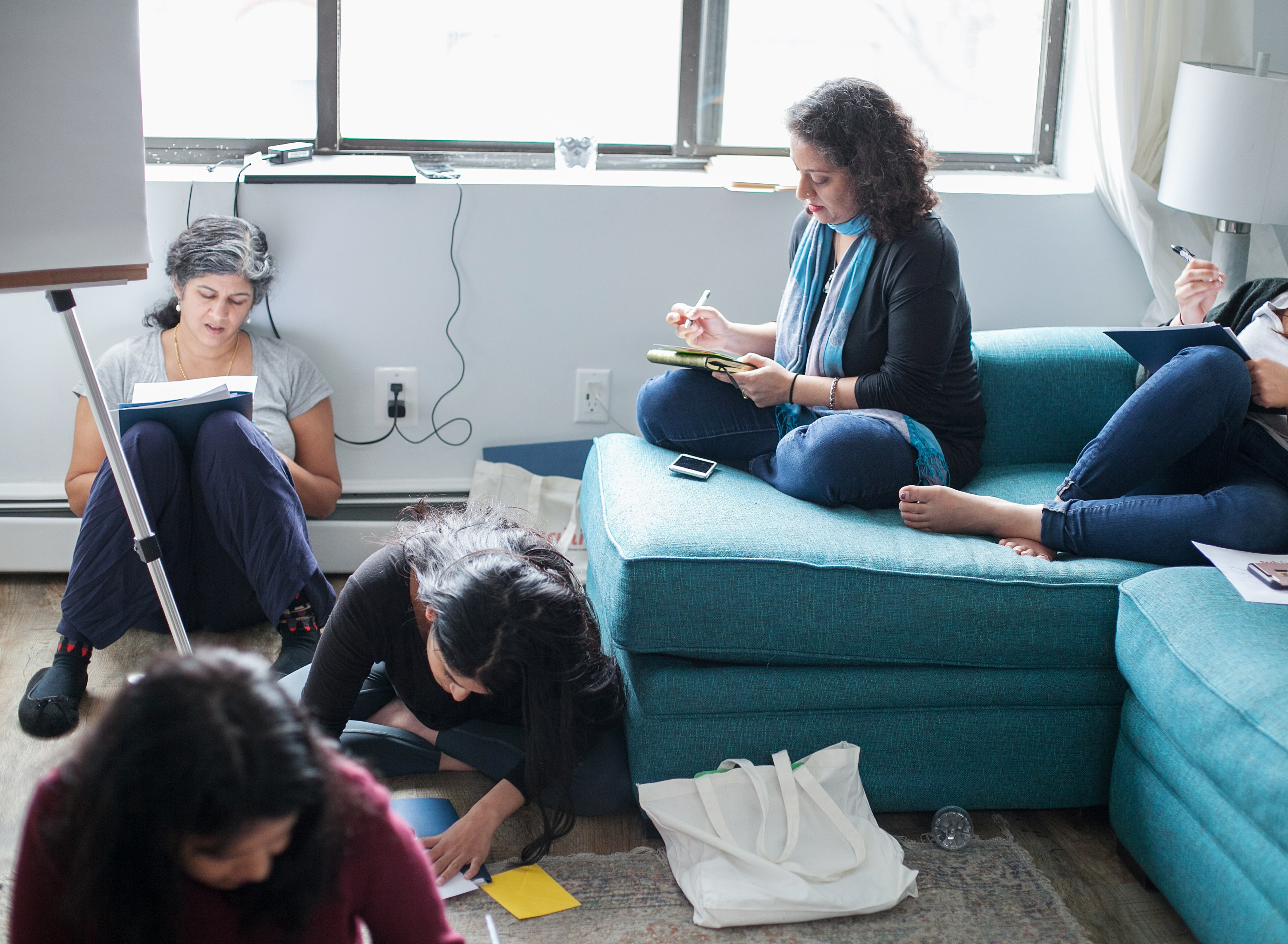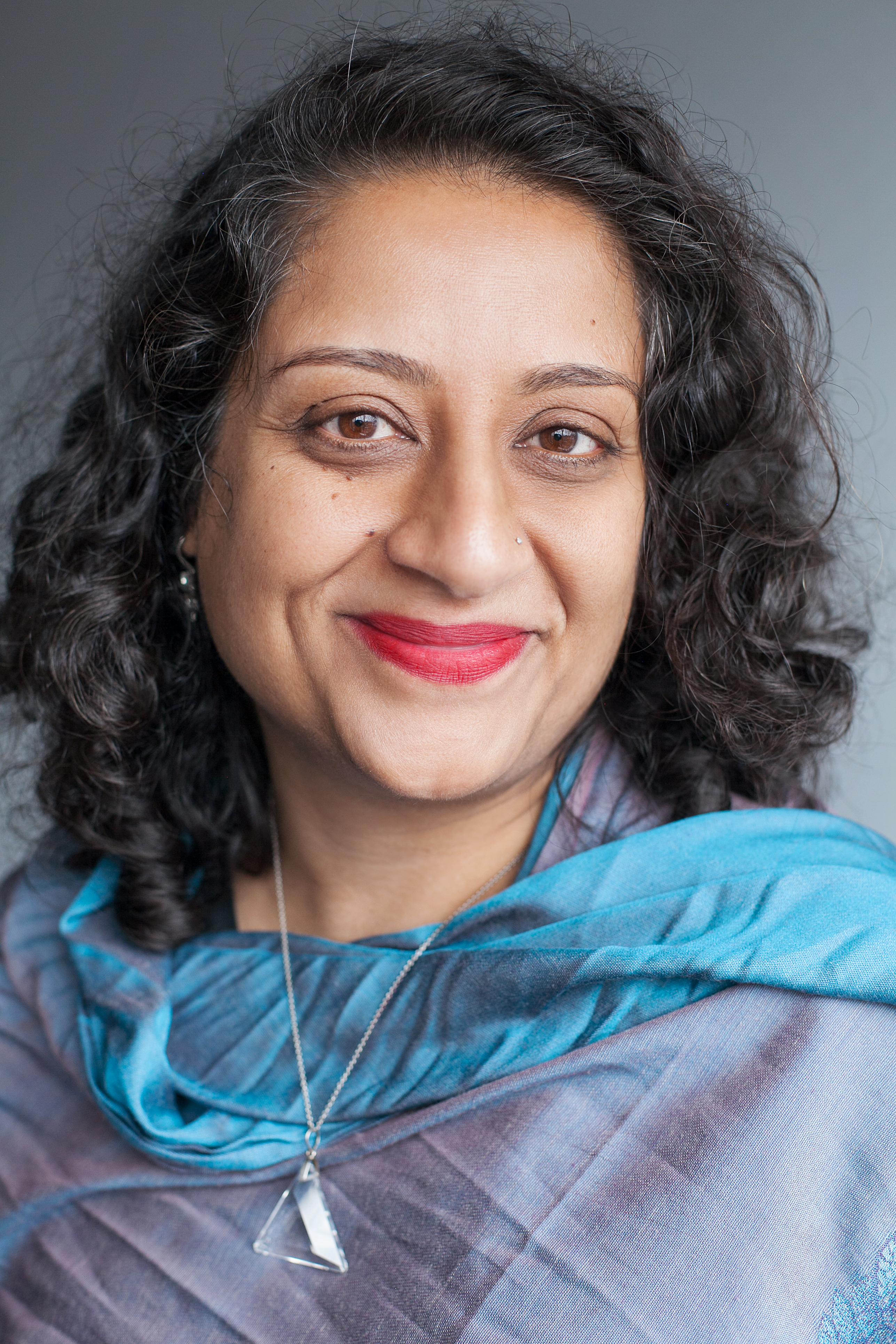By Farzana Doctor
Country of Residence: Canada
Age: 48
When the first emails circulated about last month’s Sahiyo retreat in New York City, I wasn’t sure why I wanted to register, only that I knew I had to. I felt anxious the week leading up to the event and couldn’t pinpoint the reason why.
During the opening exercise, when we listed our hopes for the weekend, a voice in my head said, quite definitively, “healing.” This surprised me because I’ve been thinking and writing about khatna since 2016, when I joined WeSpeakOut and began my healing journey. Over the previous years I’ve seen a therapist, talked to friends and family, and even finished writing a novel on the subject. What more healing was there to do?
But I put up my hand, and the notetaker recorded “healing” on the flipchart page. I felt vulnerable in my honesty, but I told myself to remain open to whatever could come from the gathering. Anxiety thrummed through my body.
On the second day, I listened to the woman across from me share her khatna memory, and a deep sorrow rose up in me as I recognized elements of shared experience. A painful penny dropped. I didn’t participate much in that session, just quietly wiped my tears and journalled my realizations.

Later, in a pair-share exercise with the woman sitting next to me, I found myself relating to an aspect of her story, even though it was quite different from my own. It was like she was indirectly speaking to my fears and they quieted somewhat.
On the third day, I sat with my Saathi (my partner in the peer support program that Sahiyo is piloting) and I talked to her about ways I might shift my activism from “behind the scenes” to being more public. I was still anxious, but sharing with her also made me feel brave.
After the retreat I spent a few hours hanging out with another participant. She commented that I’d seemed grounded the whole weekend and I told her that I was good at wearing a calm mask. In fact, I had dissociated a little during some of the sessions, missing bits of the conversation and activity instructions. While I’ve long known that this is one of my coping strategies, saying it aloud to her, to another Bohri woman, was powerful in a way I couldn’t name right then.
But, after a week of reflection, I can name it now: the Sahiyo facilitators created an intentional space of respect and safety, and then twenty-one feminist Bohri women stepped into it. I’ve never experienced anything like that before.
This was what was so incredibly powerful for me. And so healing.

